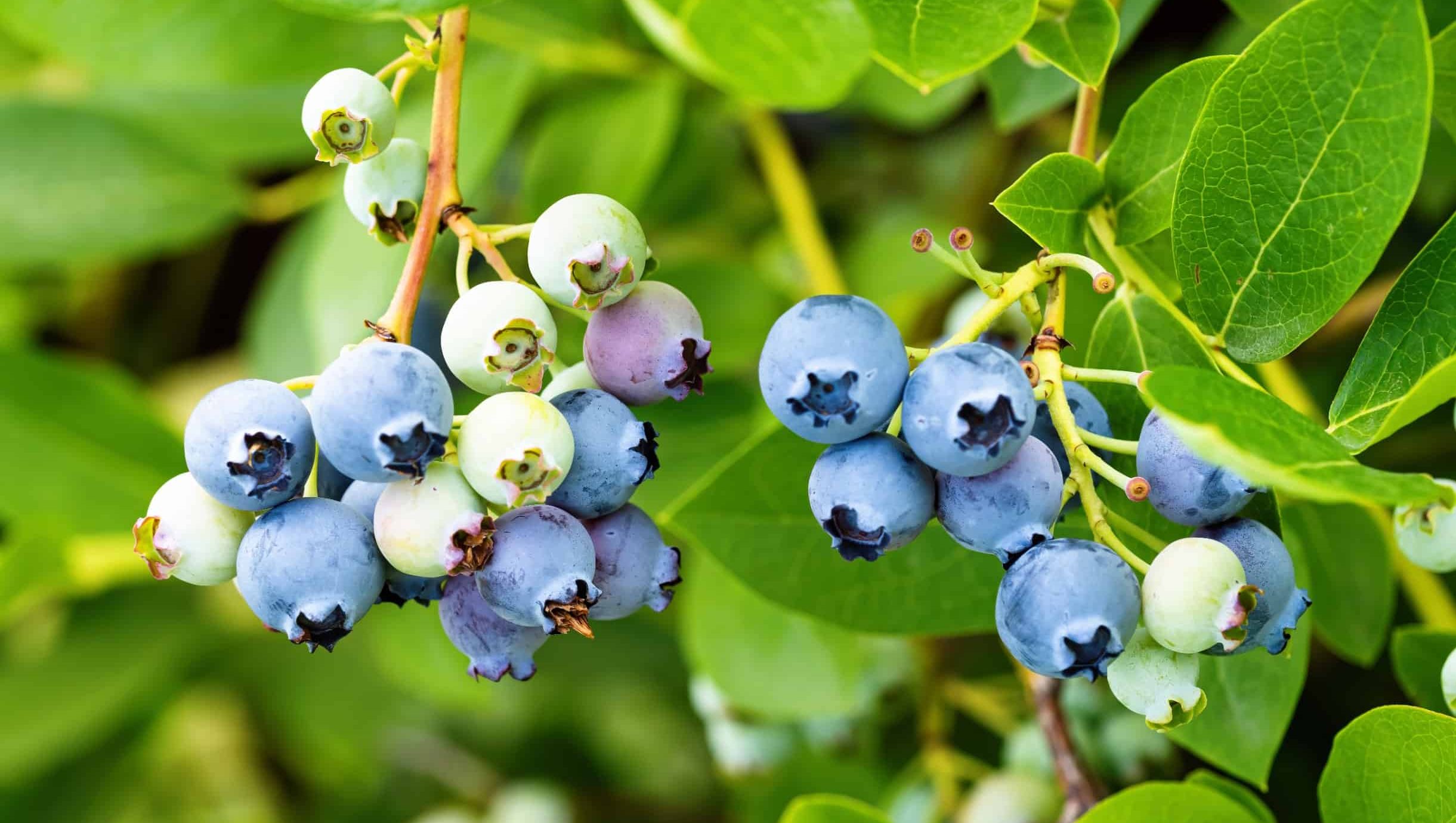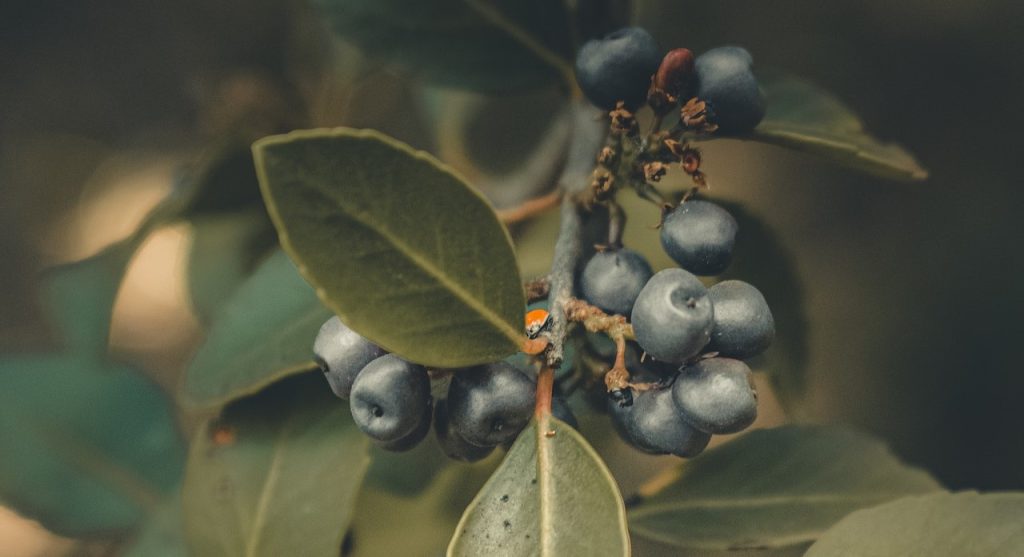Blueberries are one of the most popular and nutritious fruits consumed around the world. Not only are they delicious, but they are also packed with antioxidants and other beneficial nutrients. But many often wonder whether or not their leaves are edible as well.
While there is limited scientific information about the benefits and risks of eating blueberry leaves, they are certainly edible. In an article published by WebMD, consuming blueberry leaves as tea has been linked to a variety of health benefits.
But you have to be aware of the potential health concerns associated with its regular consumption, such as exposure to toxic compounds and digestive discomfort.
In this article, we’ll take a closer look at the potential benefits and risks of eating blueberry leaves and provide tips on how to safely consume them. Whether you’re searching for a way to incorporate blueberry leaves into your diet or are simply curious about their potential health benefits, this guide has everything you need.
However, before consuming blueberry leaves in any form, it’s essential to conduct your own research and consult a healthcare professional. Doing this will guarantee you are eating them safely and responsibly.
Health Benefits of Blueberry Leaves

Blueberry leaves have been used for centuries in traditional medicine across the world. Recent scientific studies have even highlighted their potential health benefits. Some of those are listed below:
1. High in Antioxidants
If you are trying to look for tea options that can cleanse your body, then blueberry leaves could be the perfect choice for you. They are known to contain high levels of antioxidants, which help protect cells from damage caused by free radicals.
By cleansing your liver, blueberry leaves also help reduce the risk of chronic diseases such as cancer, heart disease, and diabetes.
2. Anti-inflammatory Properties
king tea using blueberry leaves can also help ease the swelling if you have an injury. This is possible as they contain natural anti-inflammatory compounds, such as quercetin and catechins.
Proper medicine, along with the compounds found in blueberry tea, can help fight your infection and improve your overall health.
Consuming blueberry leaves in moderation could also provide comfort to old people, especially those with arthritis and heart complications, as it helps with pain.
3. Helps Regulate Blood Sugar Levels
Consuming blueberry leaves could also help to regulate blood sugar levels, so it is particularly useful for people with diabetes. But it’s also a great addition to the diet of people looking to go on a diet and lose some weight.
4. Improves Digestion
Blueberry leaves also contain compounds that can help improve digestion. These compounds reduce inflammation in the gut, promote stomach health, and reduce the risk of digestive problems such as bloating, constipation, and diarrhea.
Other Potential Benefits:
While research is limited, blueberry leaves may have other potential health benefits as well. These include reducing the risk of cardiovascular disease, improving brain function, and boosting the immune system.
Health Risks of Blueberry Leaves
While blueberry leaves have many potential health benefits, it is important to be aware of the risks and precautions before consuming them. Some of these are listed below:
Toxic Compounds in Blueberry Leaves
The major concern with blueberry leaves is that they contain a chemical called hydrocyanic acid, which is toxic in high doses.
Although the levels of this compound are generally considered to be low in blueberry leaves, consuming large amounts or making tea with old leaves could lead to headaches, dizziness, vomiting, and difficulty breathing.
Potential Side Effects of Consuming Blueberry Leaves
While the risks of toxicity are generally low, some people may experience side effects from consuming blueberry leaves as well.
The most common negative side effects of consuming more than 3 cups of blueberry leaves at once include an upset stomach and diarrhea. But allergic reactions such as itching or rashes could also occur for some individuals.
How to Safely Consume Blueberry Leaves
Blueberry leaves can be a tasty and healthy addition to your diet, but you would have to follow some necessary precautions before consuming them.
- Wash the leaves thoroughly before using them.
- Use fresh leaves to make tea or an extract, but avoid using old leaves as they contain more toxins. You should also refrain from drinking more than three (3) cups of blueberry tea at a time. Any more than that could make you feel sick and nauseous.
- If you are planning to take a blueberry extract supplement, follow the instructions on the package if using capsules.
- For anyone who is pregnant, breastfeeding, or has any underlying health conditions, it is important to consult with a healthcare professional before consuming blueberry leaves in any form.
Final Thoughts
While it is normally safe to consume blueberry leaves, it wouldn’t hurt to err on the safe side and only consume them in proper moderation.
Its many potential health benefits are great, but since there are concerns about its safety, you would have to decide for yourself whether or not it’s worth the risk.
Overall, blueberry leaves can be a great addition to your diet. But in case you feel any negative side effects after drinking your tea, do not hesitate to contact a healthcare professional just to be safe.

